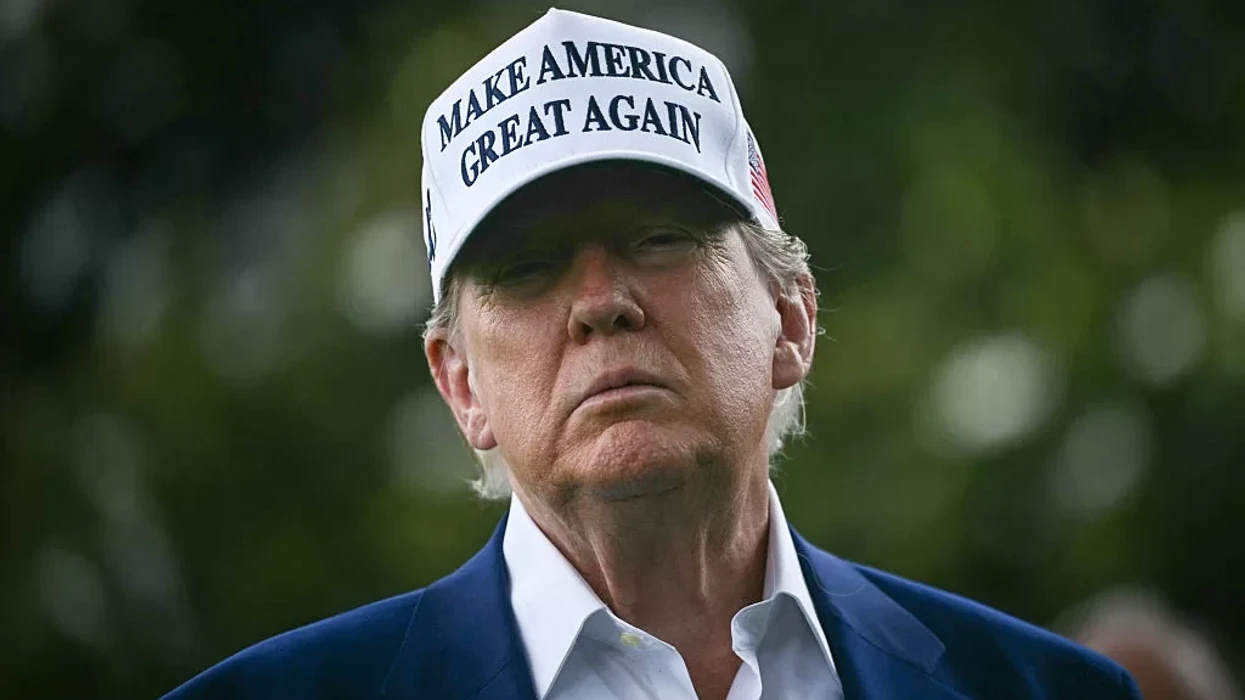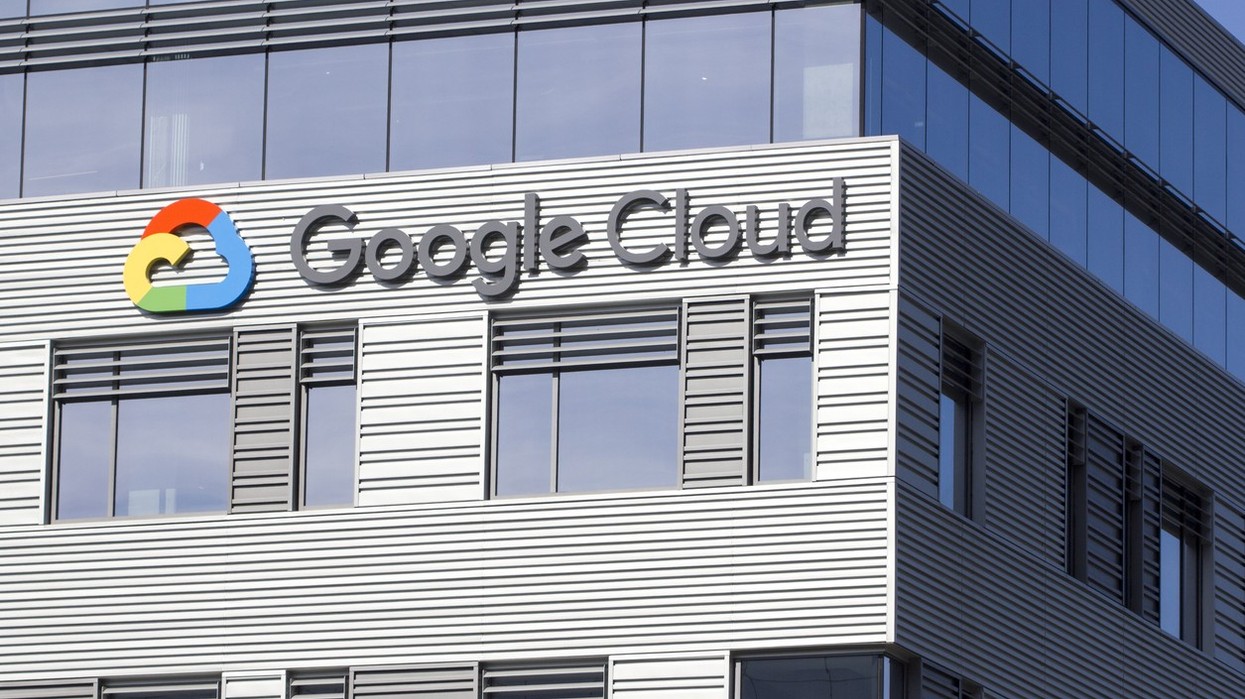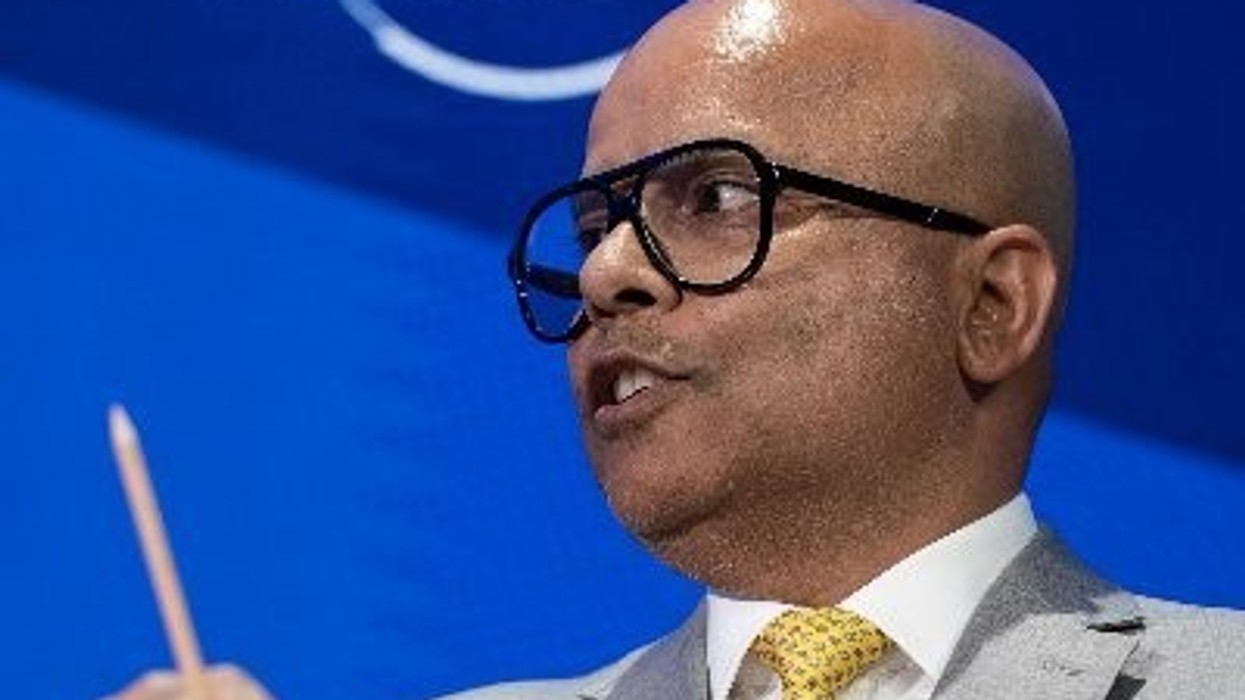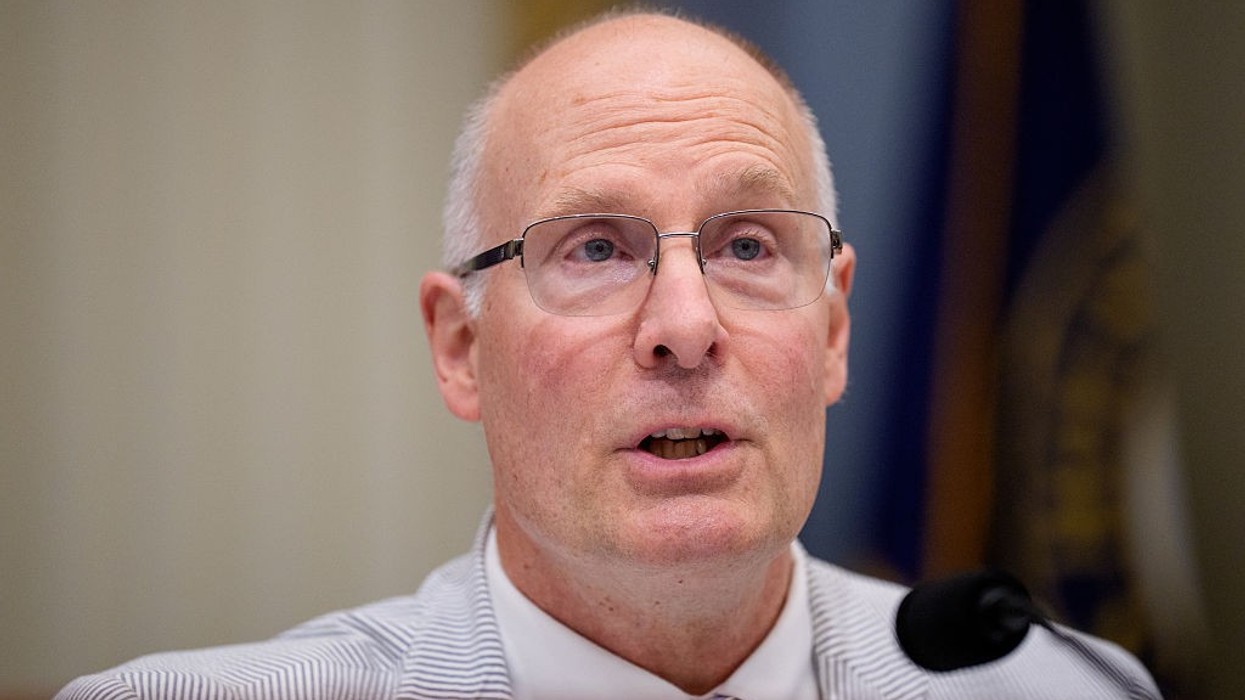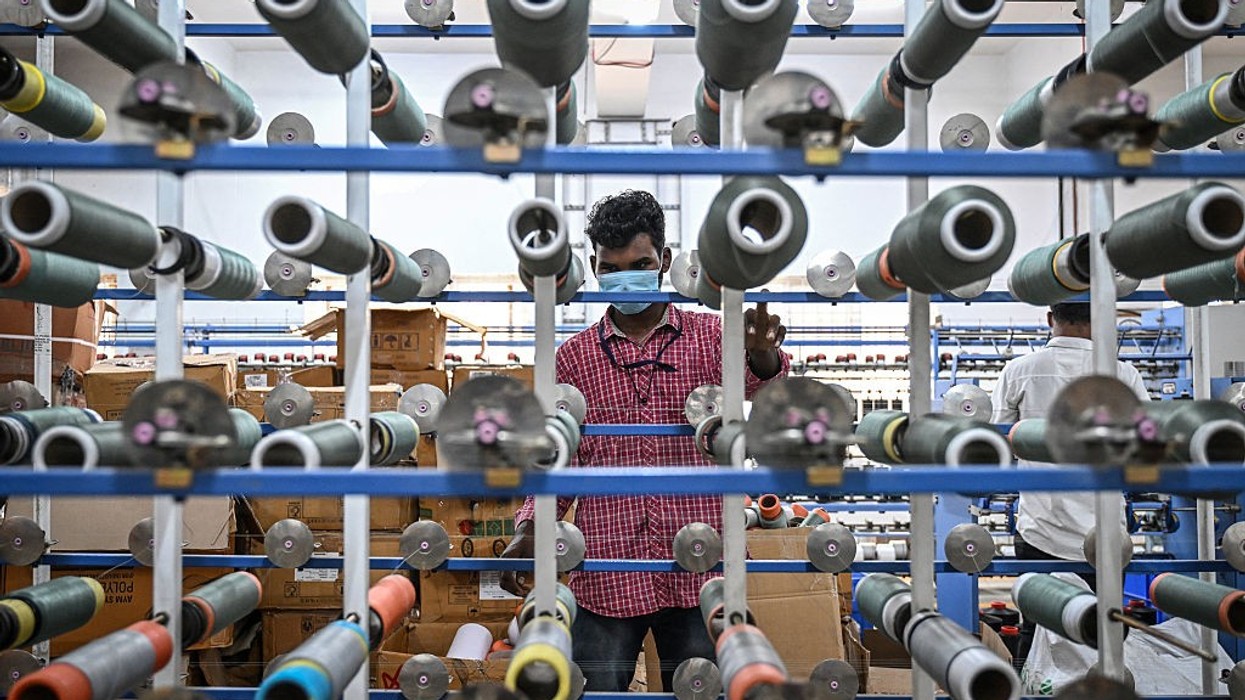Summary:
- President Trump’s “Liberation Day” tariffs caused noticeable price increases in cookout staples like beef, beer, and ice cream.
- Consumers and businesses alike are feeling the strain, with inflation and trade barriers raising operational and retail costs.
- The impending expiry of the tariff freeze on July 9 is adding uncertainty despite new trade deals being announced.
The US President Donald Trump announced a broad package of reformed import duties on April 2, a day he called “Liberation Day”. This was followed by an increase in goods, notably beer, beef, and ice cream. An analysis by the Joint Economic Committee’s minority arm found that cookout costs increased at a 12.7% annualized rate since Trump’s announcement, which was especially notable at Independence Day barbeques.
However, price increases varied depending on the item and the organization conducting the analysis. The Rabobank Barbeque Index found the 10-person barbecue cost 4.21% more than last year. Wells Fargo Fourth of July report estimates a 2.2% increase over last year for the holiday cookout.
Among the products with the steepest price hikes, ground beef and ice cream have reached their highest levels since the 1980s, according to an analysis citing Consumer Price Index data. Miller Lite and Coors Light six-packs are up more than 13% at Walmart since Liberation Day and through June 26, per the report. Imported beer prices also rose with Peroni increasing 10.5% and Modelo Especial 9.5%. Cookout essentials like aluminum foil, grill tools, and sunscreen saw hikes between 6% and 18%.
A survey conducted by Empower which included 2,200 people revealed that Americans switched to pizzas this July 4. About 68% of the people surveyed said barbeques are noticeably more expensive to host this year with 55% noting tariffs, making holiday celebrations more expensive. The congressional report also warns about an increase in the prices of canned goods owing to a 50% tariff on aluminum and steel.
It’s not just consumers feeling the pinch. Inflation, trade barriers, and tariffs are also weighing heavily on US businesses. The stakes for millions of US consumers and businesses are high. Economists warn that the barrage of import duties announced on April 2, which President Trump called "Liberation Day," could trigger another bout of inflation, put smaller companies out of businesses and dent financial markets.
China’s retaliatory tariffs on American goods have heavily impacted major wineries, winemakers, and agents who import and resell wine. The Surrey-based Gate 22 Winery vice-president, Christa-Lee McWatters says, “Everything is going up in price. There isn’t anywhere that we have not seen price increases.”
The 90-day freeze on sweeping US tariffs is set to expire on July 9, sowing economic uncertainty as the Trump administration works to revamp the terms of global trade.
As next week's deadline approaches, the Trump administration has touted new trade agreements with countries including China, the UK and Vietnam, while the status of other pacts remains undisclosed.
